Does divorce stress make you want to hide from the holidays? Try these five steps to make them more manageable for you and your kids.

When I was going through divorce (and honestly, for a couple years after as well!) I admit I tried the “head in the snow” approach to the holidays: I hoped I could stay buried long enough that it would be January when I came out. Big surprise – it didn’t work. 🤣 In hindsight my effort would have been much better spent on some constructive strategies to help me move forward, but thankfully, years have passed, and I now have the benefit of experience, perspective, and the collective wisdom shared by so many of my generous and inspiring clients.
Following are five coping strategies I’ve compiled to help you navigate the season with confidence and intention.
- Ask yourself what you really want this season and challenge yourself to consider different options than you might have in years past.
For example, would you like to take a vacation, have some alone time, or visit a friend? One of the biggest obstacles can be the assumption that the holidays should be what they’ve been in the past, so ask yourself how it would feel to consider something totally new and give yourself permission to explore those ideas.
- Don’t assume your kids and / or extended family want business as usual either.
Your kids and family know things are different. Chances are they might also be happy with a change to help things feel authentic, and less forced.
Have the conversation with those that are important to you and decide whose input you’re willing to incorporate into your planning. Learning to set new boundaries is part of the process so look at these discussions as an opportunity to communicate what you need in a way that is both loving and firm. Maybe you and your kids can create something new and special together! Try really listening to what your kids want and giving them a say in the outcome.
- Set the tone you want
What would happen if you committed to take the high road this season regardless of what your ex/coparent does?
While this can be difficult, I include it because I want to remind you that every action you take is for you – regardless of whether anyone else deserves or even recognizes your effort.
When you choose the high road – whether that’s saying something kind, or not saying anything at all – a couple important things happen. First, it gives you control. I often say that communication is one of the most important and underrated tools in divorce. It’s free, and it’s completely in your control. No one can ever make you pick up the phone or respond to a text – that is entirely up to you. Second, when you take back control over what you say and how you say it, you build confidence, and ultimately, it may be contagious. I often see that when one person takes the high road, as simple as saying good morning, or thank you, the other person follows. But even when they don’t, doing this for yourself can positively impact your wellbeing well beyond the holidays.
- Identify your real triggers
It’s not easy to dig into this, but it’s worth the effort because you can help yourself anticipate, and then manage, a lot of stress going forward. With clarity around what is really triggering you, you’ll be better positioned to solve the problem.
For example: are you worried about the interaction with your ex? Being alone while the kids are with the other parent? The change in family traditions? Are you worried about disappointing the kids?
- Create a plan
Now that you know what your triggers are, take the step to address them. This is one of the most important and most challenging aspects of the holidays, because when you give yourself permission to do something different you put yourself in control. That, however, also comes with a trade-off: you’re no longer the victim. You can’t sit around and feel sorry for yourself that no one is calling you!
If you’re stressed about being alone, make plans. Chances are friends and family would love to include you but may not know to ask. If you’re worried about the interaction with your coparent, take steps to minimize it. Each small step you take will help you set new boundaries, improve your confidence, and change your perspective.
Finally, give yourself credit for all the effort you’re making and the positive steps you’ve already made. The best possible gift you can give yourself is to move toward a new life you love and deserve. And that is a holiday gift that will bring benefits long after the season is over.
For specific tips and strategies to manage holiday social situations, changes in schedules, emotional triggers and self-care, join a special Holiday Survival Workshop on Wednesday, November 6, 6:00 – 8:00 pm MST. Registration information here.
